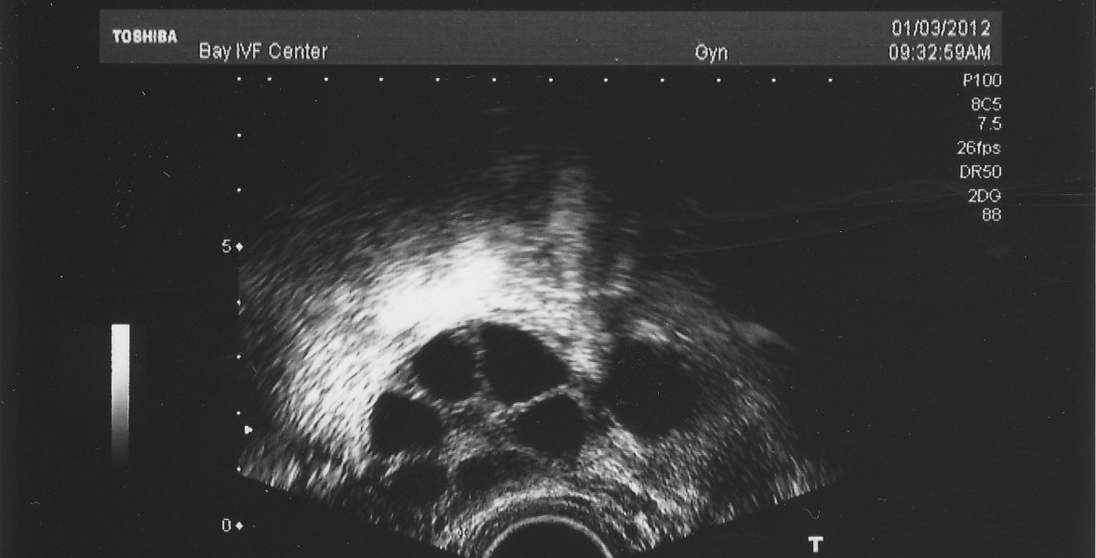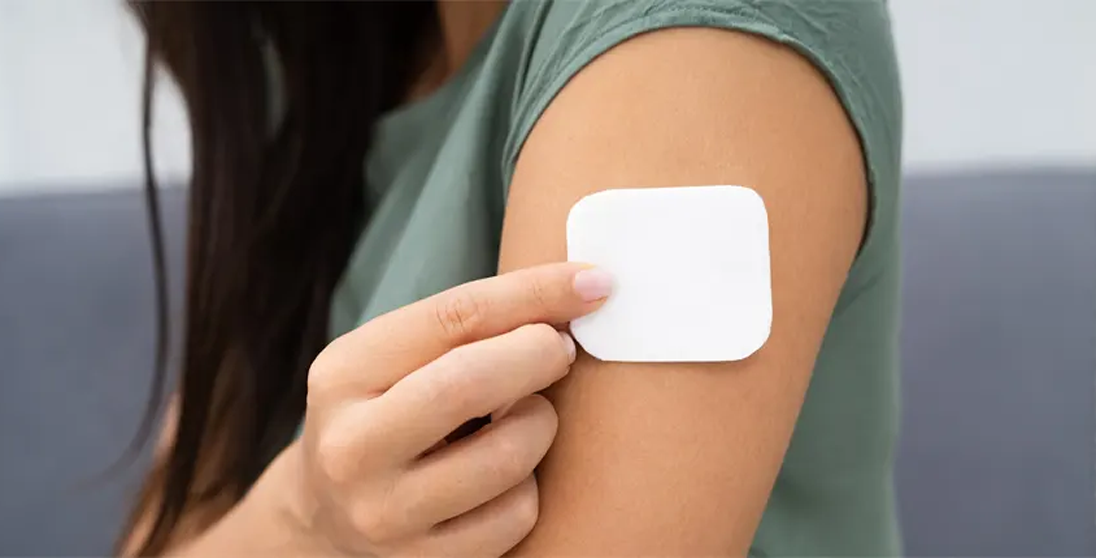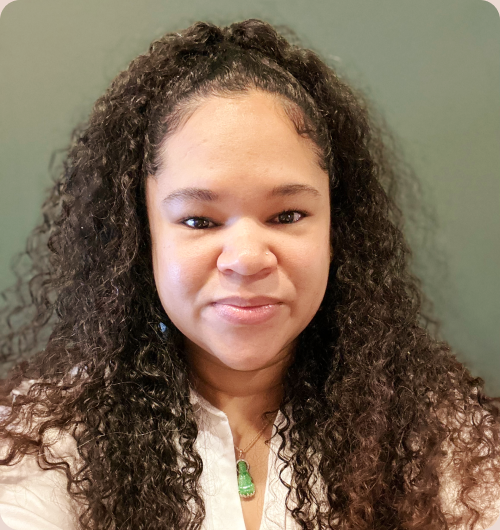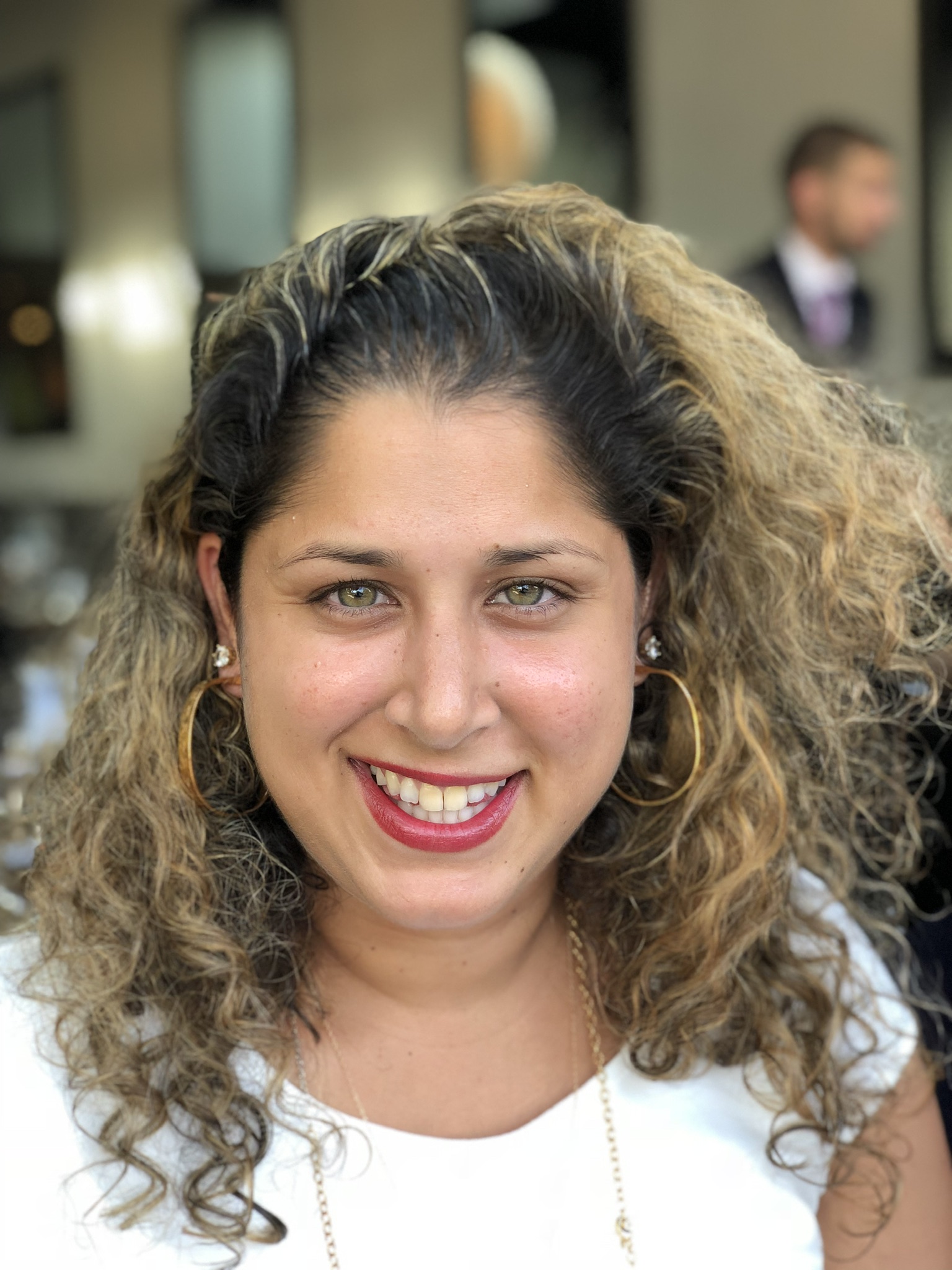


How Many Follicles for IVF
At Bay IVF, we prioritize gentle and individualized ovarian stimulation protocols to achieve the highest egg quality rather than focusing solely on quantity


The number of follicles required for IVF treatment and the quality of eggs a patient develops primarily depend on her fertility potential. Without ovarian stimulation, a woman with regular monthly menstrual periods releases only one egg during each ovulatory cycle.
Using such unstimulated cycles would make the IVF process highly inefficient. However, it is possible to gently stimulate the ovaries to produce more than one egg by using ovarian hormonal stimulation.
It’s important to note that the hormones used for this stimulation are identical to the ones naturally produced by our bodies, and no “strange” drugs are used for this purpose.
The development of follicles and eggs for IVF treatment depends on three main factors:
- The current fertility potential of the patient, which includes the quality of the eggs she was born with and what has happened to her eggs since her birth.
- The quality of the menstrual cycle in which the IVF treatment starts. Even among very fertile women, there can be significant variation in the quality of eggs produced from one menstrual cycle to another.
- The ovarian stimulation process itself. The type of ovarian stimulation, medication selection, and dosing are always individualized, but out of the three factors, this is the least important for determining the number and quality of eggs produced.
Ideally, IVF ovarian stimulation should lead to the development of 8 to 15 follicles and eggs. Having too few or too many follicles may result in suboptimal quality of the retrieved eggs.
At Bay IVF, we prioritize gentle and individualized ovarian stimulation protocols to achieve the highest egg quality rather than focusing solely on quantity. This approach reduces the number of clinic visits and the likelihood of ovarian hyperstimulation without compromising the chances of a successful outcome.
There are several forms of ovarian stimulation protocols, each with various modifications. Your treatment will always be personalized to maximize the probability of a successful outcome based on your reproductive history and pre-treatment evaluation.
Follicle-stimulating hormone (FSH) or a combination of FSH and luteinizing hormone (LH) are used to stimulate the production of multiple eggs in the ovaries. These hormones are administered subcutaneously once a day or every other day using tiny needles, typically for around ten days. During this time, your progress is monitored through estradiol (estrogen, E2) and progesterone blood levels, as well as ultrasound examinations.
Ovarian stimulation should lead to the development of several eggs in each ovary, as shown in the ultrasound image above. Each of the several follicles (dark circles) contains a microscopic egg.



Initial Appointment Questions
When you call to schedule your consultation, one of our Front Office Coordinators will ask you a short series of questions regarding your reproductive history.








